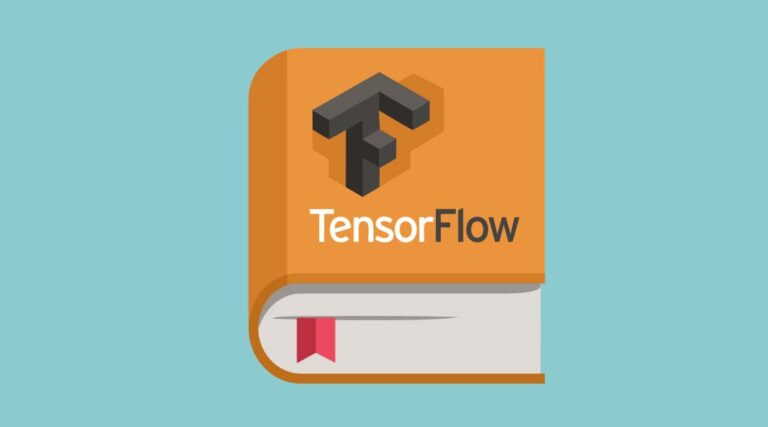
The TensorFlow project just gained another sub-project. And this time, it’s all about quantum machine learning.
TensorFlow Quantum (TFQ) is described as an “open-source library for the rapid prototyping of quantum ML models” and aims at “bringing the quantum computing and machine learning research communities together to control and model natural or artificial quantum systems”.
It was developed in cooperation with the University of Waterloo, German automotive company Volkswagen, Alphabet X, and the Google AI Quantum team, which leads the project. Google recently “turned its attention to developing and implementing new algorithms to run on its Quantum Computer that have real world applications”, which still is a bit of a question mark to many and might be exactly the reason why the company is now looking for more researchers to explore their offerings. As an exemplary use case the project introduction mentions the classification of quantum states via quantum neural networks.
Under the hood, TFQ uses the Python library Cirq for writing, manipulating, and optimizing quantum circuits and running them against quantum computers and simulators, while Keras is used for regular training purposes.
As is somewhat standard for the TensorFlow project, Quantum lets its users represent quantum datasets, models, and control parameters as tensors in a computational graph. Those then help to generate quantum measurements that lead to probabilistic events.
Since TensorFlow itself offers ways to parallelise computation across clusters, the training and execution of the quantum circuits can be done simultaneously, while a new high performance quantum circuit simulator is meant to speed up the process even more.
For now, TFQ can only be used to run circuits on simulators. Google however plans for the library to one day be usable with real quantum processors such as the company’s Sycamore.
The company hardly is the only one currently trying to court devs with a passion for quantum physics. Though TensorFlow’s general popularity likely raises the chances of ML devs taking the new library for a spin.
Microsoft for one has started offering access to its still in preview Azure Quantum, AWS is looking for Amazon Braket subscribers, and even IT bedrock IBM has a Quantum Experience service to lure developers and researchers in this discipline onto its cloud. How well this all translates to the actual thing still remains to be seen, but unlike with other topics, companies seem to try to be in on this one early (relatively speaking at least) for a change.
